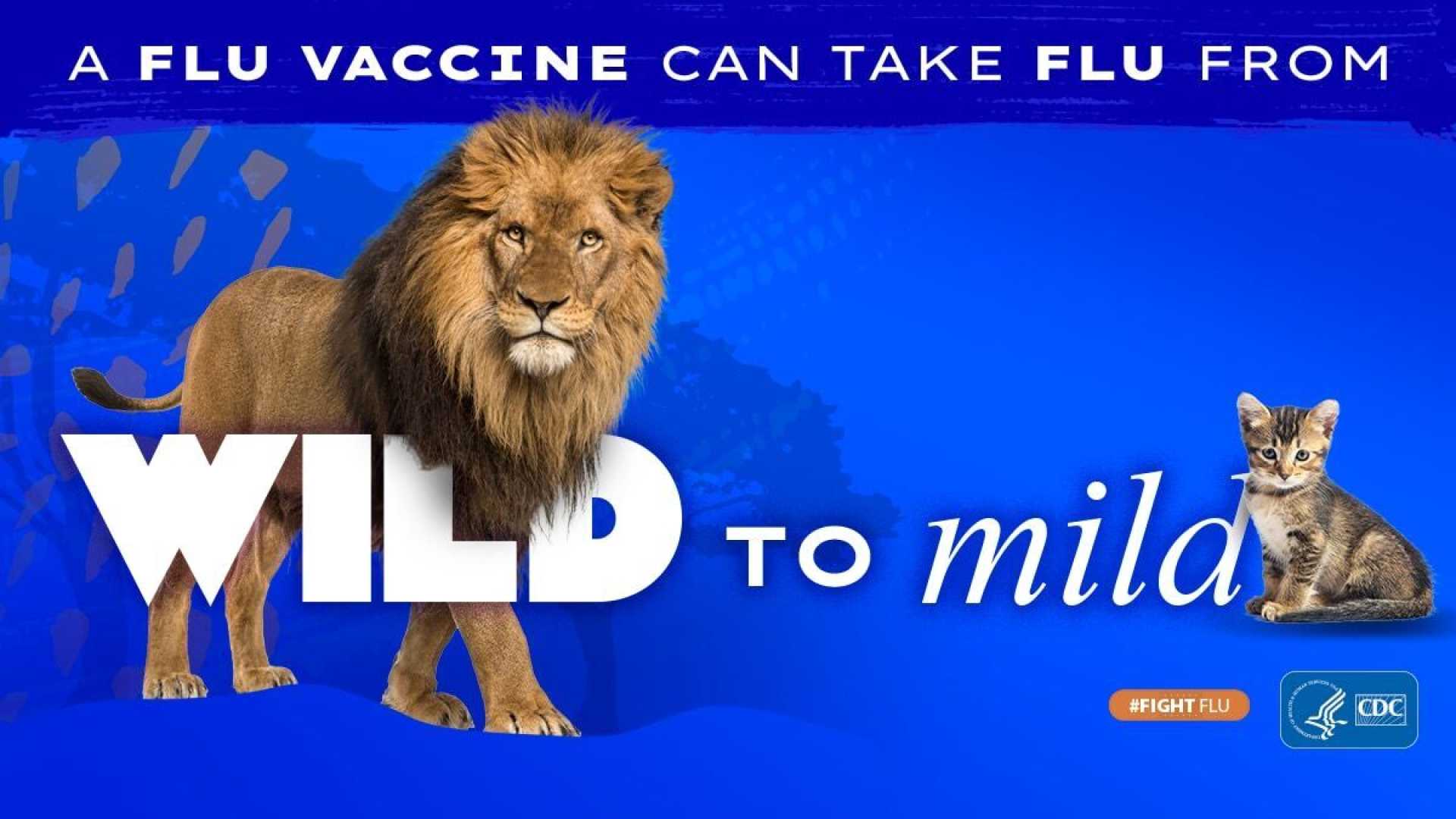Health
Trump Administration Halts CDC Flu Vaccine Campaign Amid Ongoing Influenza Surge

WASHINGTON, D.C. — The Trump administration has discontinued a successful flu vaccination campaign run by the Centers for Disease Control and Prevention (CDC), which targeted high-risk groups, including pregnant women, just as the flu season intensifies.
The decision, communicated to CDC staff in a meeting on Wednesday, comes in the first week of Robert F. Kennedy Jr.’s tenure as Secretary of the Department of Health and Human Services. Two CDC employees, who requested anonymity, informed NPR of the abrupt termination. Leadership indicated that the department reviewed the campaign and advised on its cessation.
The “Wild to Mild” campaign aimed to encourage flu vaccination by emphasizing the benefits of immunization in reducing symptoms and the severity of illness, even if it did not completely prevent the flu. CDC data reflects a troubling trend, with over 50,000 flu-related hospital admissions reported in the week ending February 8, marking the highest figure in 15 years.
Following the meeting, all digital advertising for the campaign was taken offline by Wednesday, with limited material returning Thursday that redirected to prior campaigns. Despite inquiries, the CDC did not provide immediate comments regarding the campaign’s termination.
Andrew Nixon, a spokesperson for HHS, pushed back against the characterization of the CDC’s internal response to the campaign. “Unfortunately, officials inside the CDC who are averse to Secretary Kennedy and President Trump’s agenda seem to be intentionally falsifying and misrepresenting guidance they receive,” Nixon stated.
The campaign, introduced in 2023, sought to reset public expectations about the flu vaccine, clarifying its role in offering partial protection against illness. Erin Burns, associate director for communications in the CDC’s Influenza Division, praised its success, citing increased public understanding and response to the campaign.
Dr. Marla Dalton, executive director of the National Foundation for Infectious Diseases, highlighted its effectiveness in promoting crucial public health messages about the vaccines. The campaign became particularly relevant as public flu vaccination rates declined post-COVID-19 pandemic.
For the current flu season, the campaign secured visibility through its branding on public transit in major cities, reaching more than 30 million riders and generating significant digital impressions. Although the exact duration of the campaign’s suspension is unclear, it was initially planned to run throughout this flu season.
In a related development, the administration also postponed a scheduled public meeting for an advisory panel on vaccines, which is critical to the CDC’s policymaking regarding vaccination for children and adults. The meeting was initially set for February 26-28 but was delayed to allow for public comments, which had not been opened as requested by CDC staff.
Dr. Andrew Pavia, chief of pediatric infectious diseases at the University of Utah, voiced concerns over the implications of the meeting’s postponement, calling it a potential administrative obstruction. “It feels like an excuse for not initiating public engagement on a critical health agenda,” he said. The meetings’ agenda included discussions on vaccines for HPV, RSV, influenza, and Lyme disease.
As federal health agencies navigate these transitions, the implications of these decisions are being closely monitored by healthcare professionals and public health advocates alike, many of whom are calling for the rescheduling of the advisory meeting and renewed public involvement in vaccine policymaking.












